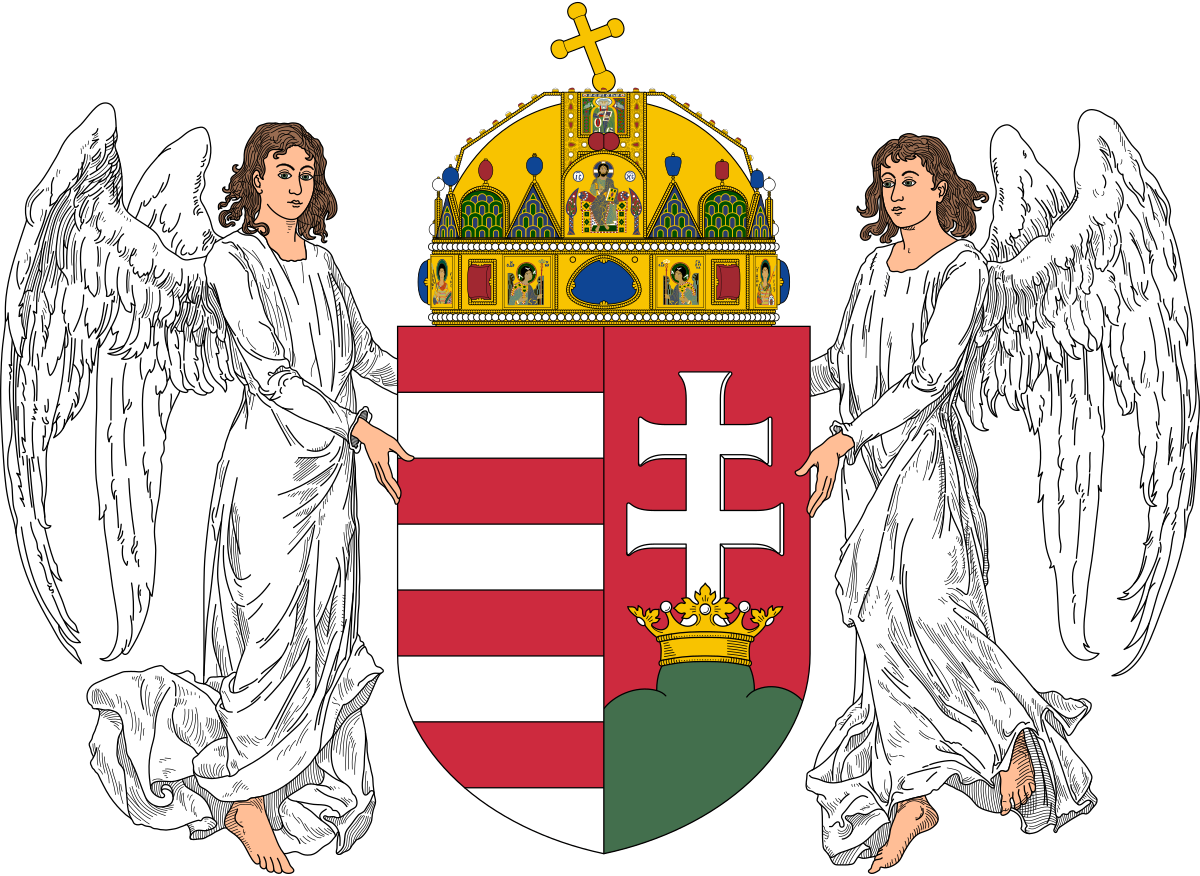It seems as if the chaos and general bleakness of life in the U.S. is just too much to deal with. The ongoing pandemic, the higher cost of living, increased political division, and a climate disaster have all fostered a sense of general malaise.
The American Dream used to stand for a job with a loyal employer, homeownership (often accompanied by a white picket fence), and your own set of wheels. The pandemic has given Americans the Great Resignation, a housing market that won’t stop appreciating and a used-car and gas price crisis amid 40-year-high inflation.
Maybe the villas of Portugal or beaches of Greece would be more appealing—or at least warmer. If you’re one of the ultra-wealthy, leaving your pool and hot tub behind for such a life seems to increasingly beckon.
As life in America becomes more stressful and expensive, U.S. citizens have been investing in a “Golden Visa,” a program in which purchasing a second home in a different country entitles buyers to a second passport or a pathway to citizenship.
Interest in investing in international property grew sixfold among U.S. clientele in 2019 to 2021, according to a new report titled “The Great American Exodus” by passporting firm Get Golden Visa, which predicts 2022 to be “its busiest year yet.” The report found that politics, travel restrictions, a higher cost of living, and the desire to work remotely abroad have sent the ultrawealthy clamoring for second passports that range anywhere from €280,000 to €500,000.
Get Golden Visa managing partner Murat Coskun tells Fortune he’s predicting a “golden visa frenzy” this year, with second passports becoming so popular that even the less wealthy will start to get their hands on them.
Golden Visa applicants have had it with political unrest
The requirements for a second passport depend on the program and country. Consider the increasingly popular hotspot of Portugal, which requires people looking for a second residency to invest in either properties, a specific type of fund, or a donation in exchange for a residence permit and, eventually, citizenship.
Coskun said many Americans don’t end up giving up their U.S. citizenship and view the program more as a Plan B.
“They have no intention of living here full-time,” he says. “But they want to have the optionality; they want to have some sort of global mobility.”
That sentiment ran strong across America after elections and other breaking political news elicited a chorus of “I’m moving to Canada” across Twitter. According to the Get Golden Visa report, social and political unrest was the top motivator for applicants, at 42%. Coskun says that Get Golden Visa saw a spike in the number of applicants from both political parties during the election.
Americans also wanted to avoid travel restrictions during lockdown, something they weren’t used to. “Normally, with an American passport, you pretty much can access most of the countries in the world, visa-free,” says Coskun.
Inflation and remote work are sending the ultrawealthy packing
As travel restrictions ebb, the need for a more flexible visa has become harder to justify. But inflation and remote work have been keeping golden visas in business.
Just over a quarter of prospective applicants from the U.S. said in the report that inflation and higher tax rates were a major reason for their interest in Golden Visas. Coskun also points out that retirement is easier in other countries that have cheaper health insurance
Paying half a million euros to avoid an extra pricy banana might seem counterintuitive, but even rich people seem to have anxieties about the rising cost of living. While inflation is a global phenomenon, one can live slightly larger in Portugal than in New York.
There’s also the romance of travel and charm of another country, which is easier to enjoy now that knowledge workers are no longer chained to their office desks. Get Golden Visa has seen applicants from digital nomads, which could signal the longevity of the work-from-home (or work-from-Europe) model. Coskun says a better work-life balance in these countries, where residents work fewer hours than Americans do, appeals to them.
Less romantic but equally enticing is the fact that a residency abroad helps the ultrawealthy diversify their investments, Coskun says.
But residing abroad doesn’t mean tax breaks for Americans, who still have tax obligations even if they spend a year outside the U.S. “The U.S. is one of the few countries in the world that imposes worldwide taxation on your income, regardless of where your residency is,” Coskun says.
Once a status symbol for the elite, soon a luxury for all
It’s difficult to know whether increased interest in second passports will be more than a fad. Coskun believes Americans will continue to seek second passports in the coming years, even though the industry’s success seems to be tied to the pandemic and unrest—a fickle motivator to bank on.
But Coskun says global mobility will become more relevant. “The pandemic basically put this on steroids—it was bound to happen, but it just got accelerated,” he says. “Now everybody knows that remote work is possible.”
That means what was once a status symbol among the elite could become more accessible to the upper middle class. Coskun admits that the industry used to only “cater to a very few people that had extremely high wealth,” but argues that services have expanded to mid-income clients.
“I really believe this is going to be democratized,” he says. “In the sense that that location fluidity is going to stop being a luxury for just the very few, it’s going to be an option for everyone.”















